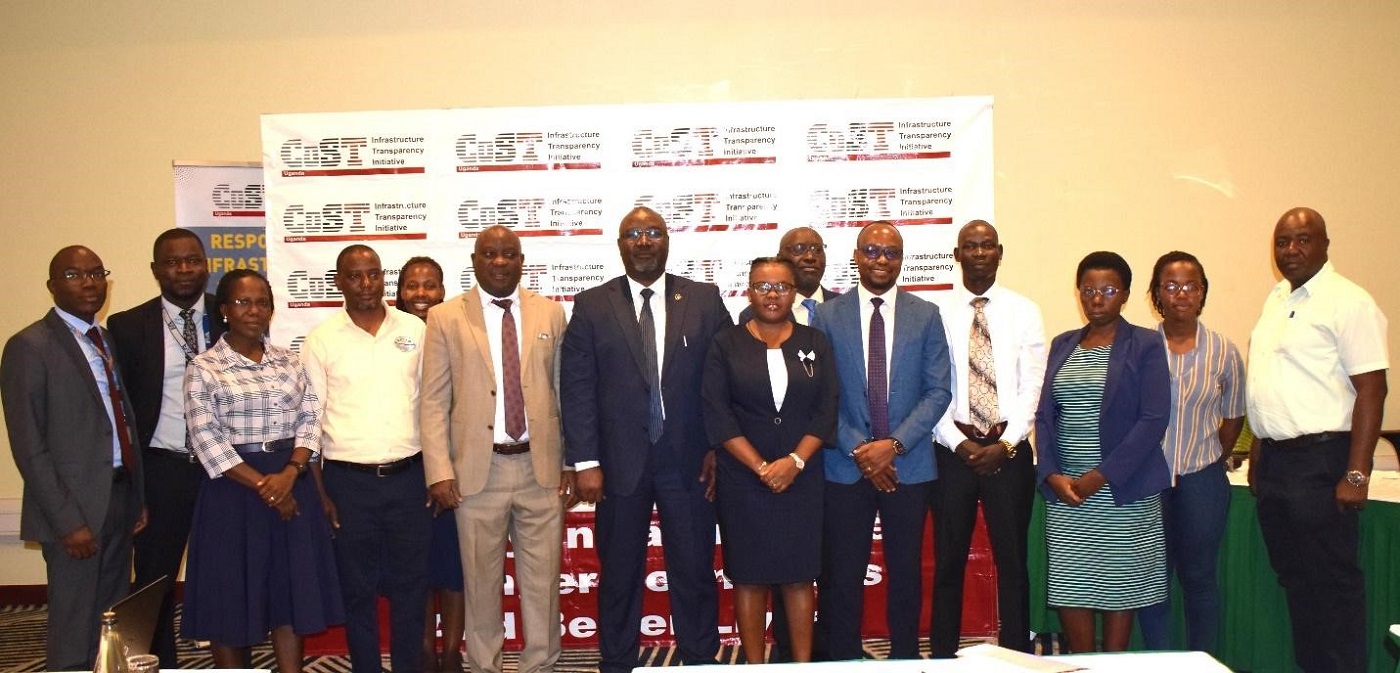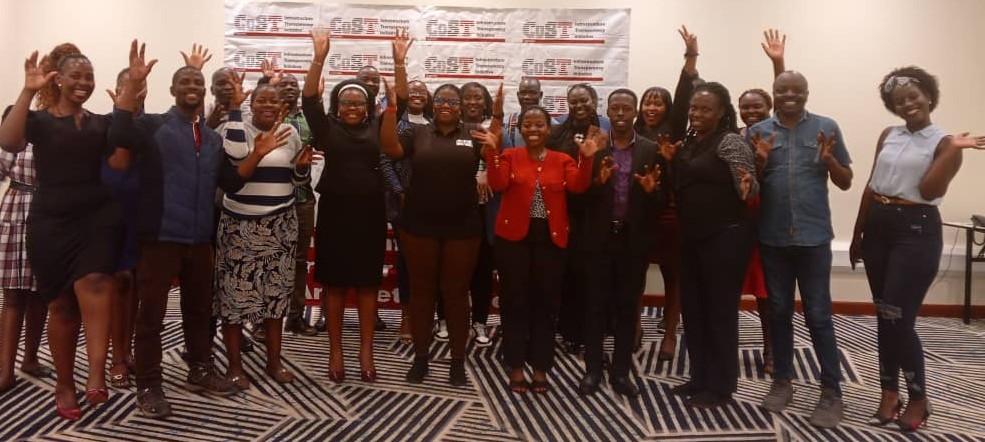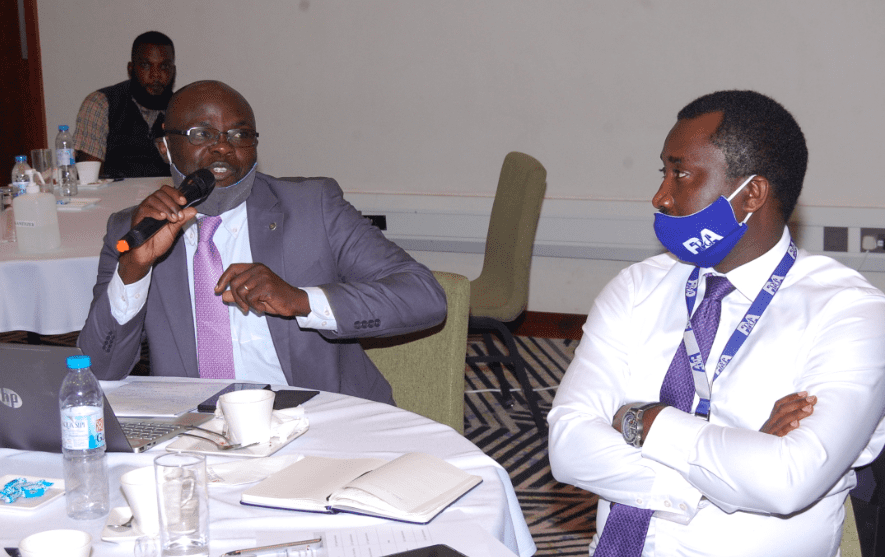
Opening statement; Government officials commit to using e-procurement as a key tool to enhance transparency in infrastructure procurement.
Water is life! There’s no doubt that safe and readily available water is important for public health, whether for drinking, domestic use, food production or recreation. Improved water supply and sanitation and better water resource management can boost countries ‘ economic growth and contribute significantly to poverty reduction.
In 2010, the UN General Assembly explicitly recognized the right to water and sanitation. Everyone has the right to adequate, continuous, safe, acceptable, physically accessible, affordable, personal and domestic water.
Key Facts
- By 2025, half the world’s population will live in water-stressed areas.
- In the least developed countries, 22% of health care facilities do not have water service, 21% do not have a sanitation service and 22% do not have a waste management service.
- 785 million people do not even have basic drinking water services, including 144 million people who are dependent on surface water.
NWSC was established under Decree NO.34 in 1972. At its inception in 1972, the Corporation operated in three (3) major cities of Kampala, Jinja and Entebbe, but has since increased its coverage to 256 cities across the country.
The Corporation is driven by a mission: “To sustainably and equitably provide cost-effective quality water and sewerage services to the delight of all stakeholders while conserving the environment” In 2016/17, the company extended the water supply to 910 km. It was extended to 2021 km of water supply in 2017/18. By 2018/19, the water mains stood at 2,727 km, out of 51 water treatment plants.
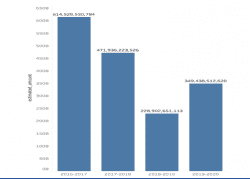
Disclosure promotes accountability
Water infrastructure processes cost the government considerable sums of money. According to the Government Procurement Portal, National water and Sewerage Corporation (NWSC) has spent over UGX 1.5 billion on public procurement in the last 4 years alone.With such huge budgetary expenditures, it is imperative that there are mechanisms to track them.
Government Procurement Portal
The Government Procurement Portal – GPP is one such mechanism put in place by the government. The GPP is a web-based platform developed and curated by the Public Procurement and Disposal Authority. The portal was developed to boost transparency and accountability in public procurement. The portal is used by various stakeholders including PDEs who actually upload procurement data on the platform and CSOs who use the uploaded information to facilitate their contract monitoring functions among others.
The Redesign of the portal
In 2018, various procurement officers expressed difficulty in using the portal many of them citing slow loading and response times being the biggest challenge. That year PPDA with support from Africa Freedom of Information Centre -AFIC, the GPP was re-designed.
Building capacity of procurement officers
Under the CoST initiative with support from DFID Business Integrity Initiative Challenge fund project, CoST Uganda engaged with the public officials, Ministries, Departments and Agencies (MDAs) in procurement to enhance the capacity of Procuring and Disposing Entities (PDEs) on the need for disclosure of data on the Government Procurement Portal (GPP) using the OC4IDS infrastructure tool. Speaking during the BII midterm reflection meeting, the Director of Corporate Affairs Mr. Edwin Muhumuza acknowledged the role that CoST Uganda has played in promoting transparency through ensuring effective disclosure, especially in the procurement/ infrastructure sector. Training of public officials especially those mandated to publish infrastructure procurement information to the public, is very important for this lays a foundation for more openness. Following this engagement, PPDA committed to carry-on the trainings on disclosure across the various entities. This will follow an assessment/mapping of entities that urgently require such trainings followed by those who are doing well to document their experiences, lessons and challenges for improvement of the platforms and or roll out of follow up trainings in future. Ofcourse, the role of other stakeholders is very key, Uganda has a series of Procurement entities and the capacity of PPDA in terms of human and financial resources may be limited to deliver such trainings at all levels in the country; as we speak about fairness in procurement, officials need to know how this can be done in practical terms. This experience is only possible through trainings and experience sharing across entities.
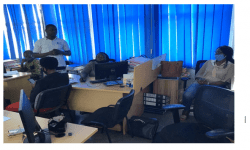
Lessons
- Public officials need the skills, knowledge, and commitments to enable them to promote procurement transparency.
- When public officials have the information, they can fully participate in making informed decisions as well as making information available to the public and addressing issues of integrity.
In conclusion, the lesson picked during the post-training discussions was that when the three-pronged organs (government, CSOs, and procurement entities) work together to address issues of transparency in procurement, more information is published. Increasing public procurement information available results in enhanced competitiveness leading to better government deals for the private sector. We commend PPDA for the continued partnership and the framework for working with other stakeholders in enhancing transparency and accountability in public contracting, and mostly infrastructure contracts.

